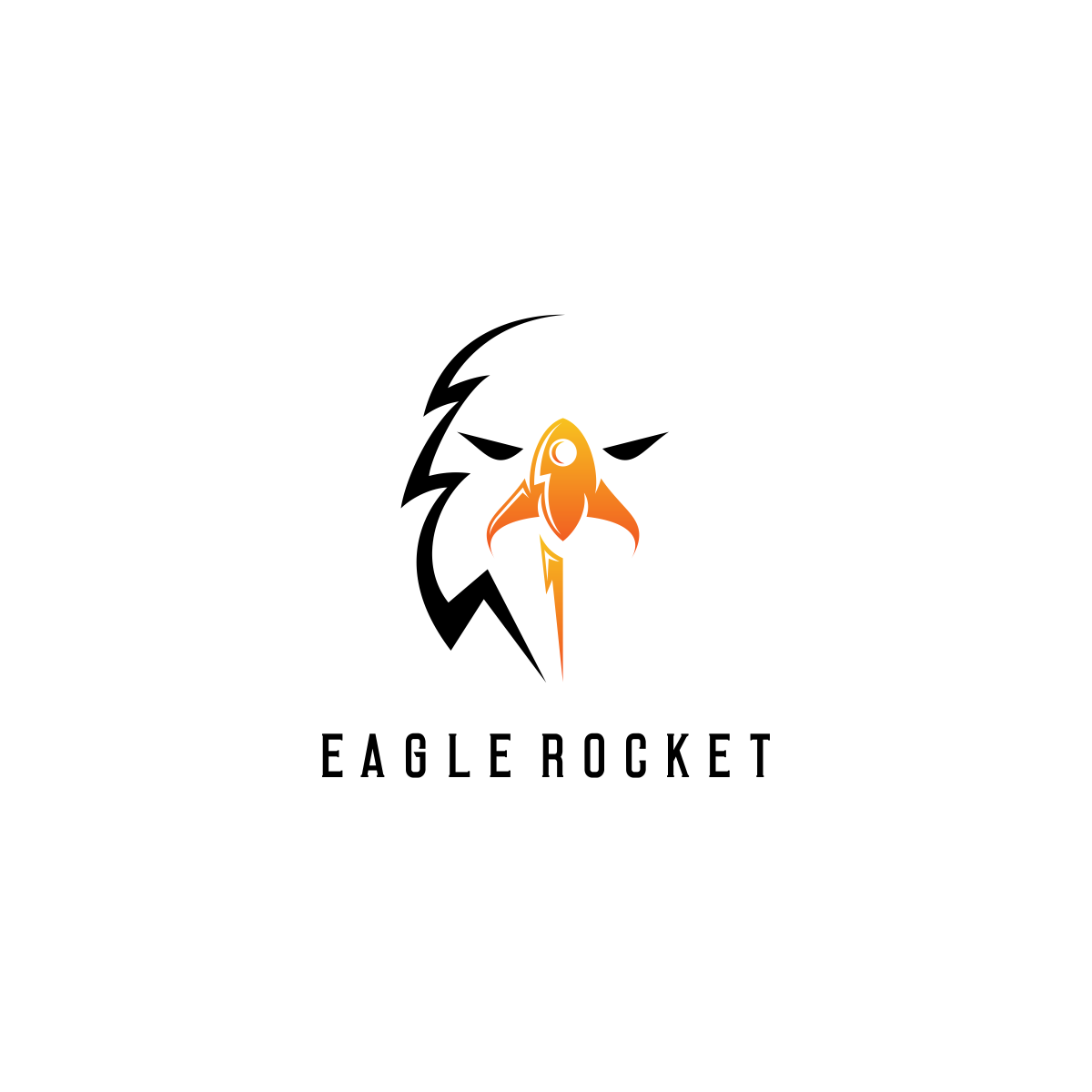In the bustling world of business, many professionals find themselves grappling with conversations that lead nowhere. However, the key to unlocking new opportunities lies in understanding the true essence of discovery. Far too often, this crucial phase is mistaken for a mere information-gathering exercise or an interrogation, where the focus becomes extracting data rather than fostering relationships. As we step into the modern sales landscape, it’s vital to realize that discovery is an art that transcends traditional techniques. By exploring your client’s deep-rooted challenges and aspirations, you can transform transactional interactions into valuable partnerships that pave the way for success. Prepare to embark on an unexpected journey, where the hidden treasures of effective communication and strategic discovery await.
The Misconception of Sales Discovery
In the sales arena, many individuals perceive discovery as a daunting interrogation process—imagine a bright light shining down on a client seated in a chair, forced to answer probing questions. This approach is not only discomforting but ineffective. The essence of discovery should instead focus on creating value through understanding the strategic challenges faced by your clients. Rather than merely collecting information, this process offers an opportunity to delve deeper into genuine needs and uncover the real issues that your prospects are grappling with.
Crafting the Right Questions
Casual questions like “What keeps you up at night?” have become clichés. They risk coming across as insincere or, worse, as if you’ve done insufficient research. The fundamental aspect of effective discovery hinges on asking the right questions—those that resonate with your client’s specific circumstances while simultaneously showcasing your expertise. Design inquiries that guide your clients toward uncovering their true needs, empowering them to make informed decisions moving forward.
- Focus on specific challenges relevant to their industry.
- Incorporate open-ended questions that encourage dialogue.
- Evaluate the nuances of their operational strategies.
Redefining Discovery: Diagnosis over Qualification
In the quest for successful sales, understanding the underlying issues is paramount. Once a meeting is secured, it’s essential to reflect on potential problems the client might face. Engage in conversations that dive beyond surface-level qualifications; create context by asking questions that reveal how their growth trajectory influences their overarching strategies.
| Questions to Explore | Purpose |
|---|---|
| How is your company’s growth challenging your current operations? | Identify strategic implications of their success. |
| What specific goals do you envision for the next quarter? | Understand their immediate objectives. |
| What resources do you feel are lacking in achieving these goals? | Pinpoint potential gaps in their operations. |
Leveraging Experience as a Catalyst
Understanding clients’ challenges becomes significantly more profound when bolstered by real-world experience. Utilize your background and expertise to frame questions that relate directly to their situations. By doing so, you not only diagnose challenges but also build a foundation of trust—one that is crucial for facilitating successful collaborations.
The Modern Discovery Approach: Sharing Expertise
Today’s discovery process is not just about gathering data but engaging in a meaningful exchange of insights. Decision-makers are in search of experts who provide valuable perspectives on market trends. Don’t hesitate to discuss emerging opportunities and impending threats in their sectors, while actively listening to their feedback. These exchanges serve to broaden your engagement and solidify your position as a key partner in their journey.
Collaborative Learning Sessions
Emphasizing open dialogues leads to enriching discovery sessions. For instance, during a recent discussion involving industry leaders, valuable insights were exchanged over a two-hour period. These meaningful interactions proved to yield tangible outcomes by moving past theoretical questions. The deeper contexts created during these conversations enhanced your role’s importance in their decision-making processes.
- Highlight common industry challenges faced.
- Explore potential solutions collaboratively.
- Encourage feedback to refine ideas.
Collaboration as a Pillar of Modern Sales
Today’s sales landscape thrives on collaboration. By asking open-ended questions, you invite clients to articulate their worries and genuine expectations. Such discourse can lead to surprising revelations, ones that cannot be gleaned from superficial research. The more involved the client becomes, the more constructive the dynamic, solidifying your stature as a knowledgeable advisor.
Value Creation through Co-Creation
The core of effective discovery lies in collaborating with the client to formulate solutions together. When you introduce collaborative thinking techniques into your discussions, it stimulates innovative ideas. Clients realize that the goal transcends simply selling a product; instead, it embodies developing a tailored approach that effectively addresses their unique needs.
| Collaborative Techniques | Outcome |
|---|---|
| Brainstorming sessions | Generate diverse ideas for solutions. |
| Interactive workshops | Encourage joint ownership of strategies. |
| Follow-up feedback loops | Refine solutions based on collaborative input. |
Ensuring Relevant Discovery
Adopting the appropriate discovery approach can drastically minimize the chances of losing opportunities. By comprehensively understanding all issues—including the root causes of challenges—you are equipped to propose fitting solutions. This depth of understanding enhances your success rate during negotiations, fostering agreements that benefit both parties.
Building a Strong Reputation
A strategic and insightful discovery process cements your credibility as a professional. By effectively querying and comprehending client needs, you exhibit your seriousness and dedication in meeting their demands. Cultivating a solid reputation has a pivotal role in enhancing commercial relationships, as satisfied clients are likely to recommend your services to their networks.
- Demonstrate genuine interest in client challenges.
- Foster trust through transparent communication.
- Maintain consistency in delivering value.
FAQs
What are some effective questions to ask during discovery?
Effective questions should be open-ended, relevant to the client’s specific context, and designed to elicit meaningful insights. Examples include “What challenges are you currently facing in your operations?” and “How do you see market trends impacting your business strategy?”
How can I create a collaborative environment in discovery sessions?
Encourage an open dialogue by facilitating brainstorming sessions and emphasizing the importance of joint idea generation. Use collaborative tools that allow for real-time participation and feedback from all involved parties.
What is the difference between discovery and qualification in sales?
Discovery focuses on understanding deeper strategic challenges and needs, while qualification is about assessing the potential of a prospect to purchase your solutions. Discovery is diagnostic in nature, seeking to uncover rich insights, whereas qualification is more transactional.
Why is a strong discovery process important for reputation building?
A well-executed discovery process showcases your competence and commitment to client needs. By demonstrating expertise and insight, you foster trust, enhancing your reputation, which leads to referrals and sustained business success.
How does experience contribute to an effective discovery process?
Your professional experience allows you to approach client challenges with confidence. It enables you to frame questions appropriately and relate to your clients’ situations, which builds trust and fosters meaningful partnerships.

